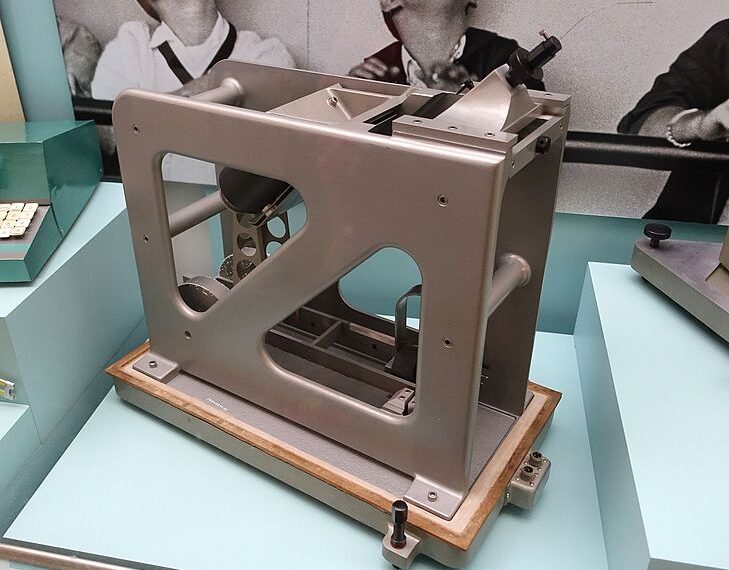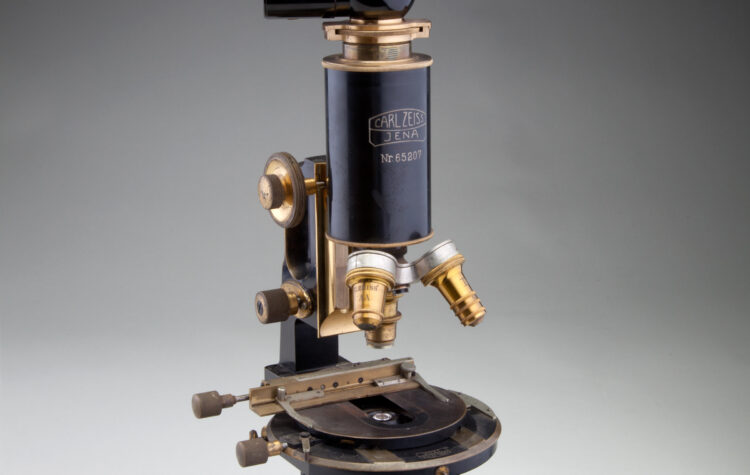Definition of Seismometer: A seismometer is a scientific instrument used to detect and record seismic waves generated by earthquakes, volcanic eruptions, and other underground activities. It measures the motion of the ground, including the intensity and duration of these movements. The data collected by seismometers are crucial for understanding seismic events, determining the epicentre and magnitude of earthquakes, and in some cases, providing early warning systems for seismic activity.
Etymology and Origin: The word ‘seismometer’ is derived from the Greek words ‘seismos’, meaning ‘earthquake’, and ‘metron‘, meaning ‘measure’. The development of the seismometer began in the early 19th century, with significant advancements made in response to the growing scientific interest in studying earthquakes and their effects. Modern seismometers are highly sensitive and precise, capable of detecting even minute ground movements.



